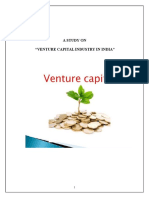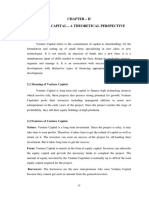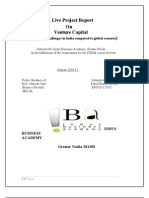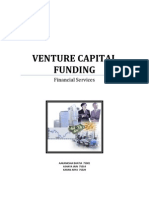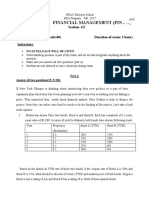0% found this document useful (0 votes)
62 views19 pagesTopic No.1
Uploaded by
Viennalyn Gelicame VallentisCopyright
© © All Rights Reserved
We take content rights seriously. If you suspect this is your content, claim it here.
Available Formats
Download as PPTX, PDF, TXT or read online on Scribd
0% found this document useful (0 votes)
62 views19 pagesTopic No.1
Uploaded by
Viennalyn Gelicame VallentisCopyright
© © All Rights Reserved
We take content rights seriously. If you suspect this is your content, claim it here.
Available Formats
Download as PPTX, PDF, TXT or read online on Scribd
/ 19
You might also like
- 100% (10)The Spiritual Monetary Instrument Banking Hierarchy Energy Harvesting Limiting Controlling Food Chain Set Up. Your Birth Certificate Became Hijacked & Turned To A Bond the Corporate Fraudlent Strawman Subcontract That Some Call It The Name Fraud, Which Was Traded Over & Over & Over Again, and it was all tied into the CHINA US TRADE ACT of 1922 which became LAW in 192210 pages












